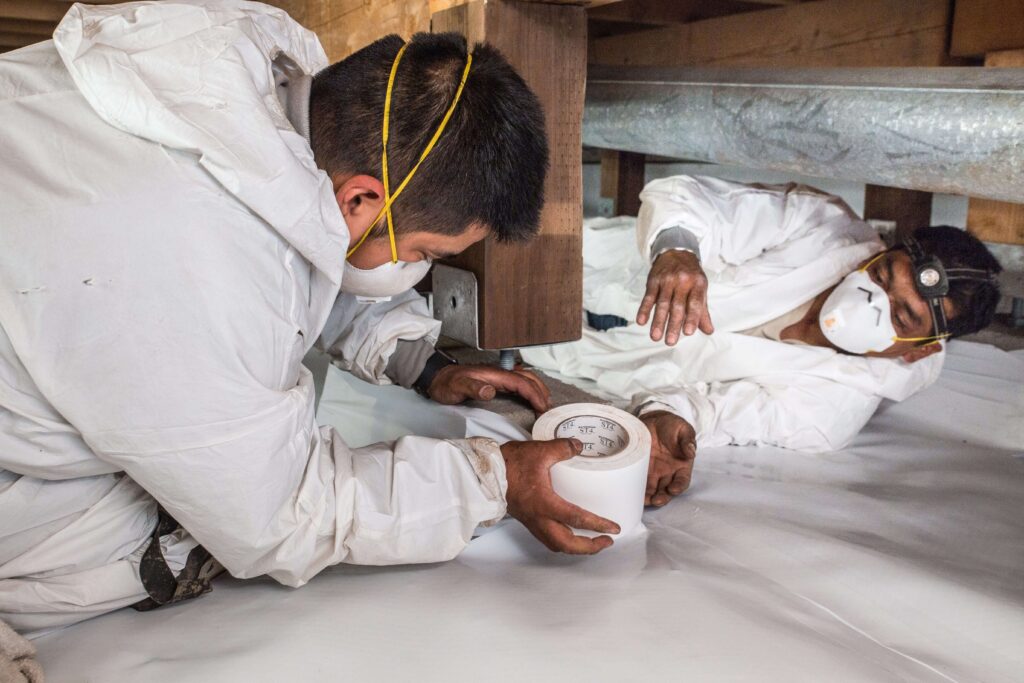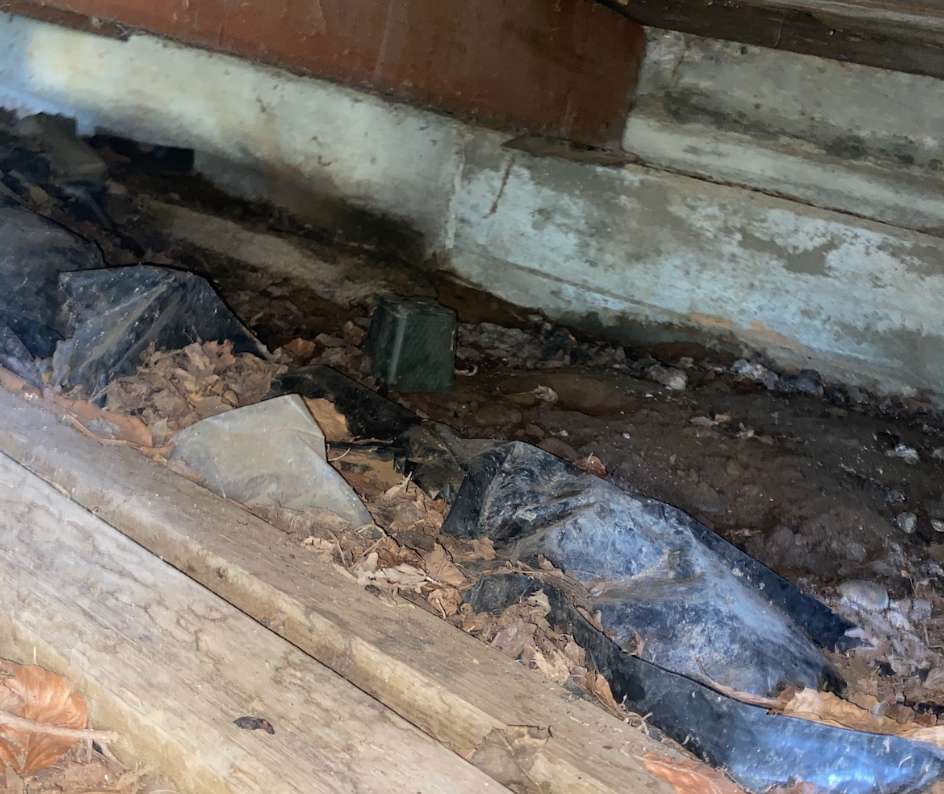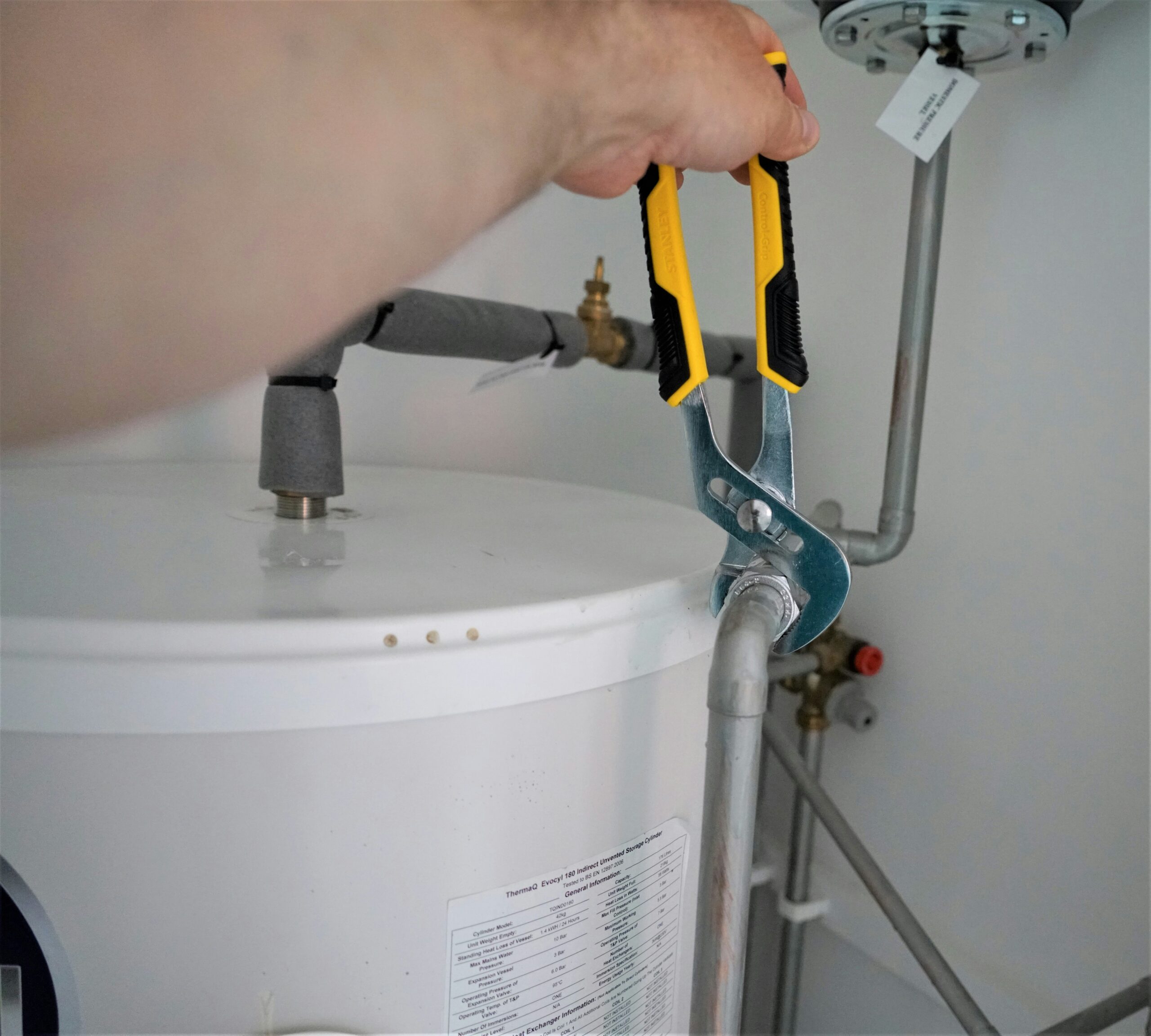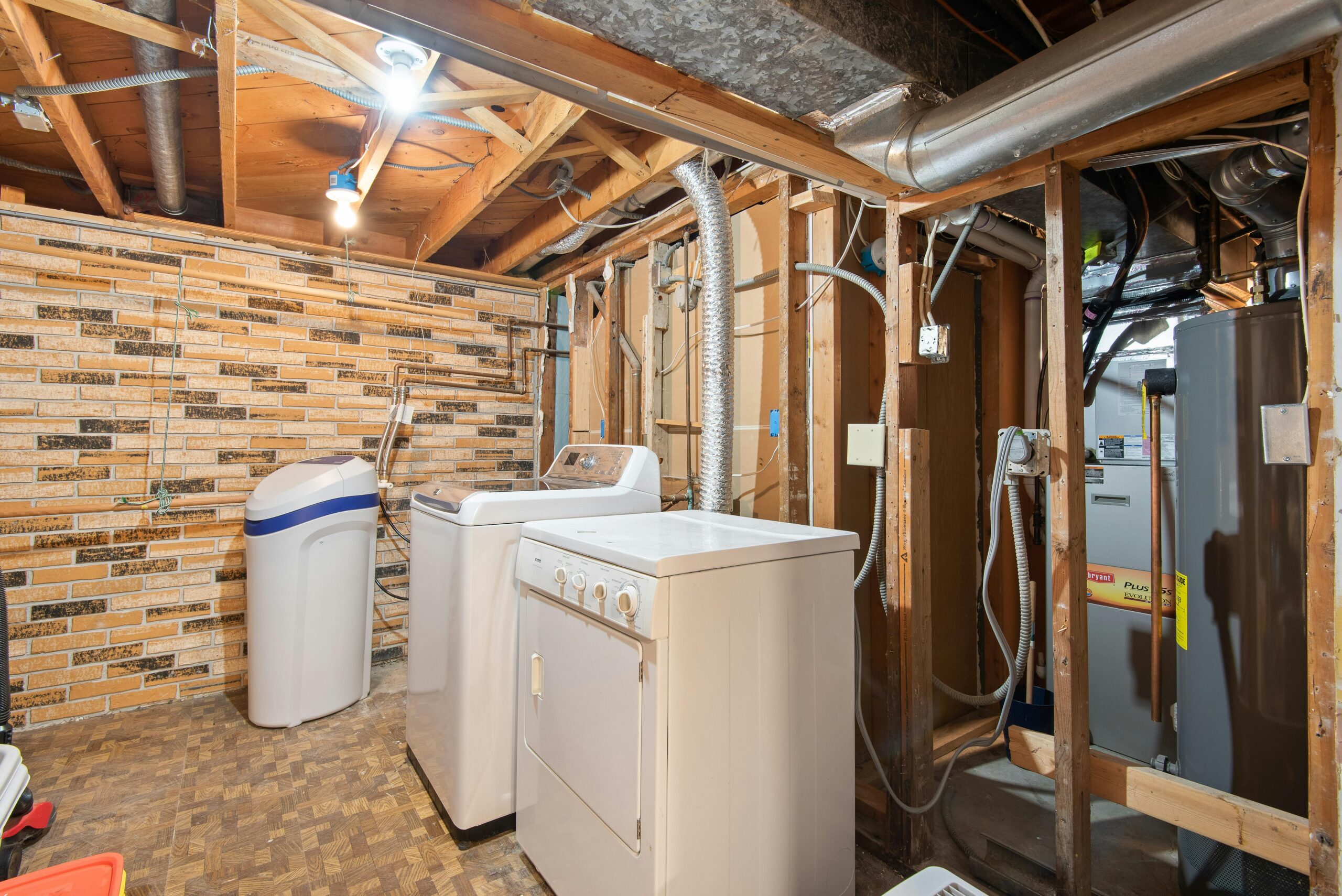Have you ever walked into a room and thought, “Why does my house smell musty?” You know, that funky stale, damp, or earthy odor that feels like it’s lurking in the corners? Well, it turns out that mysterious smells are more than just an annoying whiff – it’s a red flag about underlying issues in your home. Whether it’s excess moisture, poor ventilation, or even sneaky mold – these odors signal that something needs a little TLC.
Letting musty scents linger can turn your cozy space into a health hazard, leading to allergies, asthma, and other respiratory problems. Plus, nobody wants a funky smell to bring down their home’s value! Let’s dive into the nitty-gritty and uncover some common culprits behind those odors in your home.
What Are The Possible Causes Of Musty Smells In Your House?
- Moisture and humidity build-up
- Poor ventilation
- Leaking pipes or water damage
- Mold and mildew growth
- Dirty, damaged, or wet crawl spaces
- Old carpets and upholstery
- HVAC system issues
Moisture And Humidity
Excess moisture and humidity are the leading culprits behind musty odors in your home. They can sneak in from various sources—think leaky roofs, flooding, or even everyday activities like cooking and showering. When moisture builds up, it creates a perfect breeding ground for mold and mildew, leading to that unmistakable musty smell. Managing humidity levels is key to keeping your home smelling fresh and preventing bad odors. Here are some quick tips to help:
- Use dehumidifiers: Invest in dehumidifiers for damp areas
- Seal windows and doors: Check for leaks and seal gaps to block outside moisture.
- Monitor indoor plants: Avoid overwatering to reduce excess moisture from the soil.
- Install a vapor barrier
Proper air circulation is crucial for keeping your home smelling fresh and preventing musty odors from settling in. Without adequate ventilation, stale air gets trapped, allowing moisture to accumulate and mysterious smells to thrive. This is especially problematic in areas like basements, attics, and crawl spaces, where air movement is often limited. When these spaces lack fresh air, they can become breeding grounds for mold and mildew, further contributing to those unpleasant odors. To improve ventilation and avoid the “Why does my house smell musty?” question, consider these solutions:
- Install vents: Adding vents in crawl spaces and attics helps promote airflow and reduce moisture buildup. If you have ventilation in your home, ensure they are adequately working.
- Use exhaust fans: Use exhaust fans in bathrooms and kitchens to remove excess humidity from showers and cooking.
- Open windows: If you read this before the Seattle rainy season sets in, open windows to let fresh air circulate throughout your home directly.
- Use air purifiers: Invest in air purifiers to help filter out stale air and improve overall air quality.
Leaking Pipes Or Water Damage
Unnoticed leaks behind walls, floors, or ceilings can quietly cause long-term dampness, creating the perfect environment for mold and mildew growth. Hidden leaks often go undetected until a musty odor creeps into your home. Over time, the moisture buildup from even a small leak can lead to significant damage, resulting in persistent smells and additional problems later on.
Here are some common signs of water damage:
- Discoloration on walls or ceilings
- Peeling or bubbling paint
- Warped or sagging floors
- Unexplained damp spots or puddles
- A sudden increase in your water bill
If you notice any of the signs, it’s important to act fast. Call a professional crawl space company for crawl space water removal & remediation. Crawl Pros can identify the source of the problem and make necessary repairs before things get worse—protecting your home and its air quality!
Mold And Mildew Growth
Mold and mildew thrive in damp, dark environments, releasing spores into the air that create that distinctive musty smell. These fungi can make your home smell very bad and also pose serious health risks, particularly for those with allergies, asthma, or other respiratory issues. Breathing in mold spores can lead to coughing, sneezing, and even more severe respiratory problems if left untreated.
Common mold hotspots include areas where moisture tends to linger, such as bathrooms, kitchens, basements, and crawl spaces. If you notice odd odors in these areas, it’s a good idea to check for visible mold growth on walls, ceilings, and floors.
To tackle mold and prevent future growth, consider these solutions:
- Mold remediation: Crawl Pros uses safe, non-toxic and effective techniques for safe mold removal. For more information, read our full blog post on How To Get Rid of Mold in Crawl Space.
- Professional cleaning: Regularly clean areas prone to moisture, like bathrooms and kitchens, to prevent mold buildup.
- Anti-mold treatments: Use mold-resistant paints or anti-mold treatments in vulnerable areas to keep mold at bay. Check out a top list of recommended mold-resistant paint.
Dirty, Damaged, Or Wet Crawl Spaces
Crawl spaces might be out of sight, but they’re often the sneaky source of stale smells in your home. When improperly insulated or ventilated, crawl spaces can trap moisture from the ground, creating the perfect environment for mold and mildew to grow causing unpleasant odors to begin to spread throughout your house.
To tackle the problem, here are two key solutions:
- Crawl Space Encapsulation: Seals off the crawl space to keep moisture out and stop odors from forming.
- Crawl Pros Services: We offer crawl space cleaning, encapsulation, and waterproofing to handle moisture and eliminate funky smells for good.

Old Carpets And Upholstery
Carpets, rugs, and upholstery can become major odor traps over time – especially in homes with high humidity. These fabrics absorb moisture, dirt, and everyday odors, and eventually, they begin to smell.
If your carpets or furniture are starting to stink, here’s what you can do:
- Cleaning or Replacing: Consider having them professionally cleaned. If the odors persist, replace them altogether.
- Preventive Measures: Use area rugs instead of wall-to-wall carpeting in humid areas, and opt for moisture-resistant materials to help keep odors at bay.
HVAC System Issues
Your HVAC system plays a huge role in keeping your home’s air fresh. Since it circulates air throughout the house, a poorly maintained system or dirty filters can easily contribute to musty odors. If your HVAC isn’t working properly, it might be spreading stale air or moisture leading to the funky smell lingering in your home.
Here are a few signs your HVAC system might be the culprit:
- Unusual smells when the system turns on
- Uneven airflow or inconsistent temperature control throughout the house
To prevent moldy odors and improve air quality, make sure to:
- Schedule regular maintenance for your HVAC system
- Replace filters frequently to keep air flowing fresh and clean
Musty odors in your home are usually a sign that something’s not quite right—whether it’s moisture, poor ventilation, or even an issue with your HVAC system. The good news is that most of these problems can be fixed with some maintenance and efficient preventative measures. By staying on top of cleaning, repairs, and proper ventilation, you can keep your home smelling fresh and feeling comfortable.
Contact Crawl Pros To Rid Your Home Of Musty Smells
Ditch the stinky smell in your home by contacting Crawl Pros. We take pride in our commitment to quality, so much so that we offer a perfect guarantee. Our team of crawl space professionals will work with you to find the most efficient and long-lasting solution.
If you live within the Greater Seattle and Tacoma area or in the Greater Portland area, receive a free estimate by filling out a form or give Crawl Pros a call today at (866) 789-3599 to learn more about how we can assure your home stays clean and smelling fresh.



